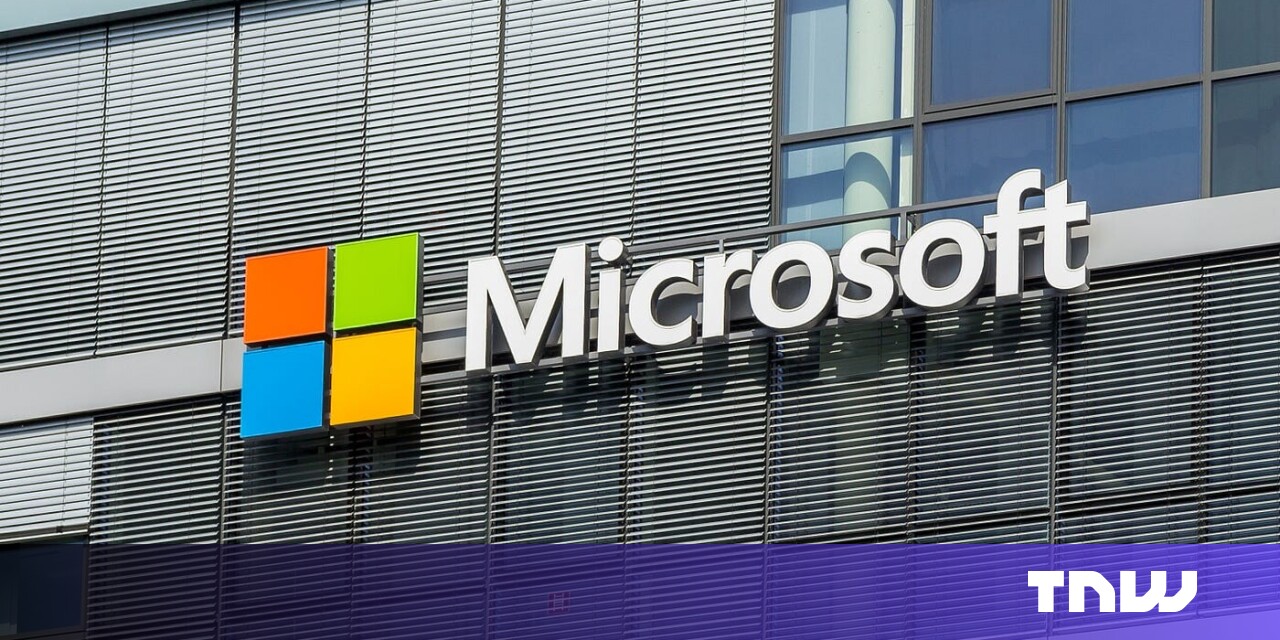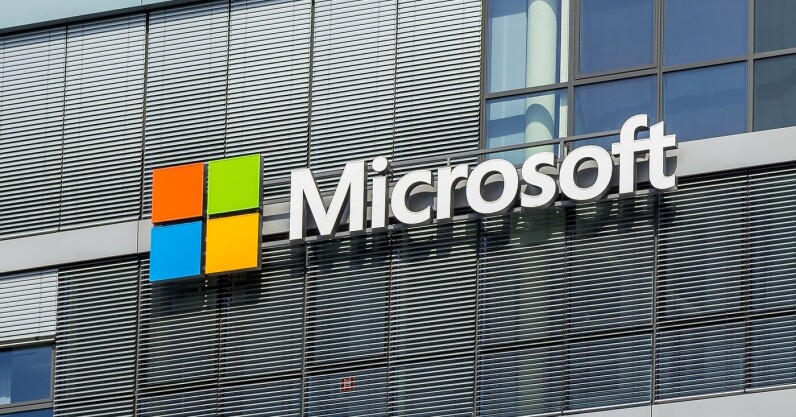

Microsoft’s cloud ambitions just hit a major snag in the UK. The tech giant is facing a £1bn ($1.27 billion) lawsuit over how it licenses software to customers using rival cloud platforms.
Filed in the UK’s Competition Appeal Tribunal by Scott+Scott, the lawsuit accuses Microsoft of punishing businesses for choosing competitors like Google Cloud, Amazon Web Services (AWS), and Alibaba over its Azure platform.
Here’s the gist: if you’re using Microsoft’s Windows Server but prefer another cloud provider, you’re allegedly stuck with higher costs. Maria Luisa Stasi, the lead claimant, argues this forces UK businesses into Azure’s arms and stifles competition. Backed by litigation funder LCM Funding, the case claims Microsoft’s pricing practices exploit its dominance in operating systems.
“Put simply, Microsoft is punishing UK businesses and organisations for using Google, Amazon and Alibaba for cloud computing by forcing them to pay more money for Windows Server,” Stasi, who is head of law and policy for digital rights advocacy group Article19, told CNBC.
“By doing so, Microsoft is trying to force customers into using its cloud computing service Azure and restricting competition in the sector.”
AWS and Google have already flagged Microsoft’s licensing policies to UK regulators, spurring an ongoing investigation by the Competition and Markets Authority (CMA) into the public cloud sector.
Microsoft, for its part, insists the industry is fiercely competitive and points to Google’s growing cloud muscle as proof.
Microsoft has not yet responded to our request for comment.
Big tech under the microscope
Microsoft’s legal headaches aren’t just about the cloud. In June, the EU accused the tech giant of illegally linking its chat and video app Teams with its Office product, giving it an unfair advantage over rivals such as Slack. Microsoft could face a fine equal to 10% of its annual revenue for the alleged breach of the bloc’s Digital Markets Act (DMA).
Regulators in the UK and the EU are tightening the noose on other big tech companies too.
For instance, in September the EU’s Court of Justice, in two separate cases, ruled in favour of back taxes and fines against Apple and Google totalling a whopping €15.4bn.
The court found that Apple had benefitted from “substantially and artificially lowered tax” in Ireland since 1991. Google, on the other hand, was found guilty of favouring its shopping service in internet searches and thereby abusing its market dominance in Europe.
With this latest lawsuit, Microsoft’s cloud dominance may face a reckoning. Whether the case delivers real change — or just more legal bills — remains to be seen.




